an essay I wanted to title, “If you see me hold up skinny tummy tea smilin for a Nikon, gon’ head and Of Mice and Men me. It’s been a good run.” but that was too long.
Introductions:
Hello and welcome to threadings., the newsletter and podcast where where I tell you about the pieces of my politic that stitch my life together. this includes (but most certainly is not limited to):
Black feminism,
love studies,
relishing the way those two are sister disciplines,
not checking my phone around my elders,
stretching my brain to expand my attention and my endurance, and
responsible use of drugs, which,
speaking of. let me grab my tea.
it’s cream in tea season, and I’m having pistachio.
Today, we have some ideas to thread together about information anarchy. I’m on the newer to learning about anarchy as a discipline, so please feel all the freedom to chime in with thoughts, corrections, and resources. In the newsletter portion of this (hey, y’all), I have literally arranged this podcast-essay into bullet points so that you can physically see the dots I’m connecting here.
The primary goal of this essay is to argue for a healthy skepticism of sponsorship-saturated media amidst a new age in information sharing, with secondary goals as following:
to commit myself to The People and my people publicly by way of refusing to sell my word online, and
to name explicitly the ways refusing traditional sponsorship places me in a decent amount of precarity.
I’ma spoil the ending for you: I don’t want to run from precarity. Being unsteady forces me to lean on the communities that I say I value. I continually argue that refusing sponsorships as my primary mode of income forces me to expand. Now, I must trust the people for care instead of trusting them as a willing and endless site of extraction.
Plus… willing? How much can you consent to extraction anyways? Bah. I get ahead of myself.
One last quick note before we dive in: this is all very me specific. I (Ismatu) am thinking about my actions in context of the world I say that I want. I (me, Ismatu) feel an unrelenting call to live in accordance with my ideals as consistently as possible, because I know there are a lot of eyes on me; a lot of ears listening; a lot of people taking note, taking inspiration, formulating critique that pushes us collectively to be better. You (reader, listener, internet friend or wayward web-surfer) would do well to consider me critically. In writing this, I am loaning you my lenses from which I see the world. I am not generalizable and I don’t intend to be. What I do intend is to be careful of my personhood as it tumbles out of my exclusive control. And to be kind to myself, and to us all1.
Questions of the essay:
(1) what is information anarchy? and
(2) what does that mean in terms of how we place value on information?
(3) how do we find value if there is no monetary exchange?
(1) anarchy is, simply put, a society without centralized human hierarchy or leaders.
The use of the term anarchy in contemporary, US-American society has become synonymized with violent, unruly chaos. It’s essentially always deployed to be insulting— and past that, fear-mongering. Anarchy within Western definitions refers to a society without centralized government or systematic rule. I find the Wikipedia page on anarchy such a delicious feat of creation. All of my grade-school teachers warned against the inaccurate mumbo-jumbo that would be caused by such a lack of hierarchal knowledge. Now, twenty-two years after its first edit, Wikipedia has not only proven itself as accurate as curated, institutionally-sponsored collections of knowledge, it also gives us the very definition for what it is, for free. Stunning2.
I also personally argue that a lack of centralized laws is not inherently disorder; such a reading implies that laws attached to a governing body are the only ways to avoid disorder (which is not just a lack of centralized order, but the presence of confusion and chaos).
I also submit: all hierarchy is human-designed. It is only the “natural” state of the world depending on who you ask. I don’t consider hierarchy to be distinctly good or bad. I do think that we, laypeople reading on an internet infrastructure managed contractually by the US Department of Commerce, associate a lack of hierarchy to be a bad, scary, dangerous, inevitable evil. Who told us that? Who told us self-governance (if you can call it governance) is inherently a chaotic failure? Who benefits from such a belief spreading through the dominant narrative?
Indigenous peoples across the globe have been practicing anarchy with generational peace, and I would be remiss to exclude such world-making from this analysis.
The words of Klee Benally, Diné multi-faceted artist and organizer: For distinction I would add that an Anarchist would pronounce, “There is no authority above yourself.” An Indigenous Anarchist would offer, “There is no authority but nature.”3
The words of Brandon Benalli, a Navajo+Hopi organizer: “Being Diné could be considered anarchist because we never had chiefs; we didn’t have a hierarchy. It was always horizontal,” Benallie said. “Communism and anarchism derived ideology from Franciscan missionaries who came here in the 1500s and 1600s and studied Indigenous societies. And you have Engels, Marx, and Bakunin reading the journals of these religious figures and how these religious figures describe Indigenous societies at that time.”4
(1a) So then, what is information anarchy (with respect to the information age)?
We (as of the year 2023 in the Western world) live in an age of increasing information anarchy, which is also… continually described as bad. From my preliminary research and musings on information anarchy, I had to shift through article after article that decries the ease of misinformation, the dangers of uncurated access, the woes of a lack of structure. And… it’s not that that’s not true. It’s that, from where I’m sitting:
governing bodies (both judicial and wealthy extra-judicial forces) continually exploit the ease of mis and disinformation to woo a populace to their sides, explicitly against their own best interest as the masses (like when President Biden says he’s personally seen pictures of Hamas groups beheading babies and the White House had to put out a record that they have no such pictures and homie has most definitely not seen any).5
I think the formlessness of internet-age information gives us a change of pace. This stage of time allows us the opportunity and responsibility to curate our own truths, which makes space for multiple “true” worlds and realities to exist simultaneously (whatever truth is to you). I do not trust centralized law-making bodies to distribute information that has my best interests in mind freely. Of course I don’t. Those people regularly do shit that is outside of my best interest.
In saying this, I don’t wish to festishize The State as a moving, walking, talking robo-body. People are people and they do their best to look after themselves. I myself (me, Ismatu, please don’t forget I am a person trying to persuade you of something) am distributing information I consider to be in my best interest— and I feel strongly that my best interest lies with what’s kind to the mass of working-class, colonized, exploited peoples.
While “accessible” information may be… euphemistic at best (on account of Google gentrifying the internet and most existing web-pages being written in English), so much more is possible with the internet. Information has never been so world-shaping so fast.
(2) The Value of Information: Influencers, Sponsorships and the Curious Case of Intellectual Property

“Property is theft!” —Pierre-Joseph Proudhon
In my own words: Property is the transitioning of public goods and space to private enterprises capable of extracting profit (where profit is the difference between the cost of the labor and the value of the product resulting from that labor)
also shoutout to indigenous folks across the world who had been saying that since the dawn of colonization. but ya there’s the white man who wrote it down first
the current economy allows us to imagine it is permissible and even encouraged to sell “private” information for profit.
Which is quite a clusterfuck, in my mind. Where did the distinctions between private and public come from? What do we make of people who tell stories from their lives and attach them to products in order to pay rent? What do we do with university systems that lock the knowledge of various iterations of humanity behind paywalls hundreds of thousands of dollars high?
I got a lot of beef for my alma mater, for example, who has the largest Africana library in the world locked up in… a suburb in Illinois. What the fuck. Who deemed that as private? For what purpose? For whose benefit? How does one own such a thing?
When attached to information, anarchy necessitates freely flowing, freely accessible information, in which individual persons or collectives of people decide what truth is for themselves (rather than accepting Truth from a source legitimized by the governing state, corporate powers, or elite + exclusive educational bodies).
Here’s where it gets hairy: in the realm of information, private is relative. What constitutes private enough to own? The ability to build or enforce a gate? The sensitivity of the subject matter? Do we live in a society where people are sharing freely and completely without economic compulsion, or is it ever for financial gain in otherwise dire economic straits?
Thinking about my days as a stripper, where my private information (read: my body) was made accessible to the public for a price. I liked stripping more than I liked minimum wage service jobs. And… would I have ever chosen to negotiate my privacy without economic stress? Oh okay. So…Why do we think differently about memoir sales or story-time influencers?
So then: in charging for information that I gleaned from the public, I create privatized intellectual property— which is theft, by anarchist understandings of property. I am selling the collective conscious back to us. Even this essay! I don’t claim ownership over this knowledge. I am only showing my work.
I also do not wish to make myself thee authority or thee expert in the process of teaching and learning in public, which is an easy dynamic to fall into. I have been legitimized through corporatized powers (by way of garnering a following on social media and through elite+exclusive private universities). Thus, I am compelled to stress that I am not and can never be thee authority. I owe you, the learner, constant reminders to question me and challenge my limitations as someone steeped in formalized, privatized, institutionalized knowledge. Someone with a passport from the United States. Someone hoping to glean support from you in a multitude of ways to continue my work. I beg you to consider me critically.
(2a) Sponsorships place influencers in the role of legitimized and lucrative independent contractor.
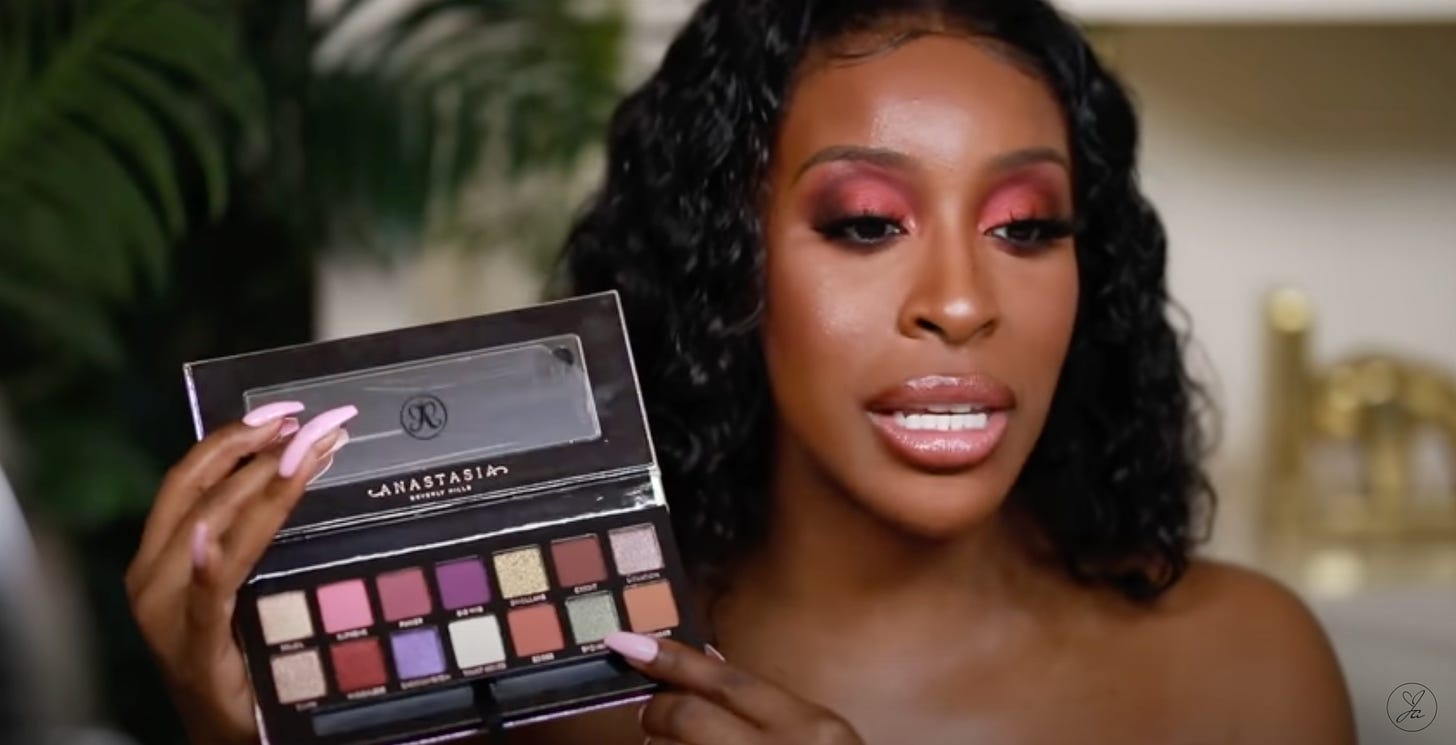
Then, we have this air of legitimacy that comes with being sponsored by a large, recognizable brand that is undeniable. Because we (as the audience) understand how lucrative and selective those business deals can be.
We know that influencers primarily make money via advertisements that:
run before watching a video (monetization),
are marketed to us by the influencer themself showing us a product or service they were compensated for recommending (sponsorships),
can be found as click-through web-links provide data that allow websites to track activity back to their recommendation (affiliate links).
Big-ticket sponsorships (such as a brand collaborations like exampled above) are often only reserved for creators that are as marketable as possible (white, cisgender, Beautiful, youthful, affluent, cult-following, etc.)
I am not against people taking the agency they have to create stability for themselves! Please do not think that’s the case! Every way (and I do mean every way) to make and spend money in this society is a negotiation. Each and every one of us needs to consider what is and is not negotiable in order to meet our basic human needs. As an online artist, let me show you what scares me about advertising a physical item for sale.
This. This is exactly what I wish to avoid. In the production and distribution of physical products, there are a lot of people involved that we in the West choose not to see. Physical things are not necessarily easier to make post the industrial revolution— we’ve just outsourced and streamlined slave labor. Sponsorships and collaborations in which I use my internet persona to push a mass-produced item often have these really sticky in-betweens wherein labor is exploited to produce goods that are cheap enough to resell to working-class Western people. It’s why I don’t sell t-shirts or mugs to support myself. It’s why I have NO SPONSORSHIPS in my Tik-Tok bio literally in all caps (even though brands choose to ignore that and email me anyways). I do not have a desire to contribute to our obsession with commodity. I do not want you (the reader) to buy something you would never normally use nor purchase for the sake of supporting me. And if I do ever sell something, I want the majority of the money produced to go to the laborer who made the product possible, not a company who was already rich before I got there.
(2b) Let’s return to the formation of Google.
I am having the trippiest moment I’ve had in a long time. And I’m sober.
The above picture is from an article written and published in 1998 by Sergey Brin and Lawrence Page. At the time of printing, they were two phD students at Stanford University working on innovating access to research texts and the internet at large (which, at the end of the twentieth century, was still an infantile arena). Present day, they’re both in the top ten richest people in the world: Brin at $108 billion dollars and Page $113.7 billion. The duo invented one of the most important moving hands of surveillance capitalism: Google. A new means of infrastructure to oppress and extract the masses attuned beautifully to the information age.
I linked the full* article to the picture above. There was this one quotation I kept seeing articles cite that I just could not find in the article itself.
We expect that advertising funded search engines will be inherently biased towards the advertisers and away from the needs of the consumers… we believe the issue of advertising causes enough mixed incentives that it is crucial to have a competitive search engine that is transparent and in the academic realm.
I read the article available to the public three times. Searched for keywords. Nothing like this was in the pages of the text. I assumed that this particular website had made a mistake in their sources. Maybe they were attempting to quote an interview and not this article from 1998.
…I searched a snippet of the above quote anyways, just to make sure.
And I found multiple sources citing the exact same words, some with page numbers. “Page eighteen?” I muttered to myself, like some foolish, newly disillusioned YA protagonist. “There… is no page eighteen.”
*Narrator: In this moment, Ismatu Gwendolyn’s blood runs cold. For only a second— covered in uncomfortable, prickly gooseflesh for just a hair’s breadth. It’s a bodily reaction not… all that dissimilar to the moment they had when they almost got banned from TikTok permanently for being happy the queen of england died; that was the only user-reported video TikTok refused to re-instate to the ismatu.gwendolyn account. Well. Here lies the stark realization that you can’t even say they’re villains out loud. You know. You knew. It manages to feel like a newly occurring death each time. It is not enough, apparently, to suffer at their hand— you must pretend like you like it. History is rewritten before our eyes, our fingertips. Before we have a chance to archive and broadcast the truth, they strike from the record the days in which the founders of Google wanted it to work for the people rather than against them. They knew the power of what they’d created and still. Still, they sold us. They sold us and they don’t want us to remember. They colonize every part of our days, our histories and they will us to forget. They make themselves so marinated in institutional power that you can’t even find— that they see to it you do not find— the days where they still regarded the masses as The People rather than endless sites of extraction. As indistinguishable, colonizable mounds of pricked flesh6. And you cannot yell on the internet about the injustice. Because it’s theirs. And if they let you speak, Ismatu, know that you were allowed to.
https://www.zdnet.com/article/google-advertising-and-search-engine-bias/
There’s a reprint here that I suspect might have the original text, and conveniently, it’s only available via formalized academic institutional access. In case that’s helpful to anyone here.
Narrator: Ismatu, go to bed.
I cannot.
Narrator: you will drive yourself crazy asking the same questions.
Well then. Grief polishes my trophies of insanity as her favorite household chore. How different do we think the internet would be today if they had not gone the venture capitalist route? If they had not been in a position where their beautiful machine was profit-driven, if they never decided to become surveillance capitalists to increase their individual fortunes to the billions… if they had never7
if they had never 8
if we had never9
(ad infinitum)
*with ease. they can edit history with ease. they own the means of production. my good and sweet baba God have mercy on us.
Narrator: Ismatu takes a long time to shower that night before bed. And, as they will themselves to go to bed sober, they consider how difficult it is to meditate when one’s body grazed the grief of what the world could be.
(3) I choose to value efficacy.
Having worked through points one and two, I find the need reappraise what I consider “of value.” I want my work to be valuable because of the effects of the work in the hands of the public. Valuable because it enriches the lives of the masses and not because it is marketable. Marketability (how well an idea, physical product or item for obtainment moves through the masses and compels them to action) is then a byproduct of how useful people find the information presented. I hone my work to increase the sovereignty of the people at large.
one method information hierarchy uses to uphold itself is the use of paywalls, by understanding that information you pay for is more valuable than information that is free (thus justifying the payment). i have no desires to legitimize my work through extortion.
and it is extortion. Do we really consent to the constant advertisements? To essential news costing you a subscription? Do we have the agency necessary to consent to the debt slavery involved with formalized, academic education?Or is our participation/subjection begrudging acceptance without strong knowledge of what constant exposure to the buy-buy-buy-brainwashing does to our beings?
By placing educational information behind a paywall, I limit the beneficiaries of paradigm-shifting knowledge to those that can pay for it. This includes anyone on incredibly-fixed income, teeny-boppers10, or anyone who might be on the verge of radicalizing towards collective sovereignty but encounters a paywall every time they seek to learn.
Yes, I do mean paradigm-shifting. I document and essay bits of consciousness that feel too important to keep to myself. How do I then turn around and charge? You feel me?
I have additional concerns about informed consent. do you consent to being advertised to? or do you accept it as a “necessary evil” of learning and leisure time on the internet?
Our current world is saturated with advertisements. I understand that we accept advertisements in the form of sponsorships so that people can pay bills and have lives worth living. and. advertising is not good for us. what happens when every person creating stories or art or anything online turns into a walking billboard part-time? whose power is enriched?
Part of my self-governance is that I wish to hand corporations as little power as possible in my day to day. Since part of my day to day is being online to a rather wide audience, I do not wish to hand over the power of my word.
wikipedia is one of the most incredible examples of information anarchism we have. and it’s only possible because 2% of users donate every year.
first of all… proud to be in the 2% gang. I rep wikipedia hard. what a feat of human magnificence.
if it’s possible for them… why can’t i work for the public? rather than have my word bought out to the highest bidder for my basic necessities?
is that not also precarious? If corporate entities wishing to cut me a (small!) percentage of their profits is what I depend on to pay for basic necessities, that means I can never make them angry. I can never stray too far from what is acceptable within their eyes. How does that work as an anti-capitalist? How is that, too, not precarity?
i do not want my work to find its value on how much money it produces.
this… also requires a restructuring of values on the end of you, the learner. the inquirer. the skeptic. whoever you are. how good are you at finding value in things that are free? do you find information, items, experiences, opportunities less valuable because they don’t have a monetary benchmark decreeing their worth? how do you create intrinsic value for yourself as a part of self-governance? What is our inherent and non-negotiable worth?
I have a responsibility to broaden and hone our attention spans; this entails keeping my word under my jurisdiction.
true study requires us to be committed to subjects for long periods of time. advertising, then, counteracts my endeavors to broaden and sharpen our focus collectively.
it has to be free. look at my teachers! we have grown desensitized to how much advertising we are subjected to— it is brainwashing. You are being overexposed to the purchasing of cargo you do not need in order to uphold a system that is extractive and crumbling at once. Why would I want to participate in that?
It’s not that I don’t believe in commerce. There are physical and metaphysical products and services that I am more than happy to pay for. I might even produce products over the course of my life, should I be able to ensure that the worker owns the means of production. I consider that a very different thing than selling my word. Sponsorships are designed to promote sales by the say-so of the person holding the item. Thus, using marketing, affiliate links, or traditional product-pushing sponsorships to pay for my basic necessities means that I am willing to sell my opinion to the highest bidder to eat. Which also places me in a position of extreme precarity— except now, I am at the mercy of stocks, shareholders, and corporate conglomerates instead of in the hands of the people. Either way, it’s precarious. I trust you all more and I don’t want to place myself in a position of involuntary extractor. Because that means that I am extracting from you, this community I have grown to love.
also. look at my teachers. imagine if Che Guevara advertised a can of hairspray before his speeches before the UN. think about Fred Hampton encouraging us to pick up a bottle of cognac to relax after a demonstration. ??? be so serious.
I am putting myself in a position of precarity. essentially, by giving up extorting my community and by, instead, working for my community, I give up traditional means of income. If you can, please help me continue this work:
monetarily
by stretching your attention.
by talking about these ideas with people you know in physical person and online
conclusions: you have a responsibility to consider what you value and why. how do you know when something improves your standard of thinking, living, being? how do you show your appreciation for work that impacts your life? I would love to know in the comments.
PS. I promise you if I ever begin to take sponsorships, I won’t take this down. I won’t let you all learn to apologize for me with some vague memory of something I said on my blog once. I owe you the right to be mad with sources. I owe you the means to hold up a mirror and repeat back to me what I said I would not do. I will at least do you the favor of never lying to you about the villainy of selling your opportunity to create infrastructure. Which I have. Can you imagine what could happen if I got enough paid subscriptions to hire other people to do this work alongside me? If I could get a physical space to practice healing + grieving + relieving? If I could set aside funds every month for direct cash assistance on a tens of thousands scale?? I have the opportunity to build infrastructure that works for us here. I don’t want to lose sight of what is possible.
What a world this is.
wishing you a memory that stretches long and harbors much, and kisses the grief like it means something. and, as always, i hope the work of your day passes through your hands with ease.
IG
word to The Mower by Philip Larkin.
if you did not already slide Wikipedia a dollar, please do. I give just a handful of bucks every year because I love it. do you love it? do you have literally two USD? it’s okay if you don’t!! if you do, slide some bread their way!!!
full article here: https://www.indigenousaction.org/unknowable-against-an-indigenous-anarchist-theory-zine/
full article here: https://www.thenation.com/article/activism/anarchism-navajo-aid/
Abbie Richards (@tofology on TikTok) has really great resources on mis vs. disinformation in regards to ongoing events and conspiracy theories should you wish to explore more <3
word to Between the World and Me by Ta-Nehisi Coates
https://www.nature.com/articles/s41599-017-0021-4
https://fairsearch.org/searchville/
https://fairsearch.org/wp-content/uploads/2011/06/FairSearch_Fact_Sheet.pdf
an affectionate name for teenagers, who often do not have enough autonomous income for subscriptions supporting online creators




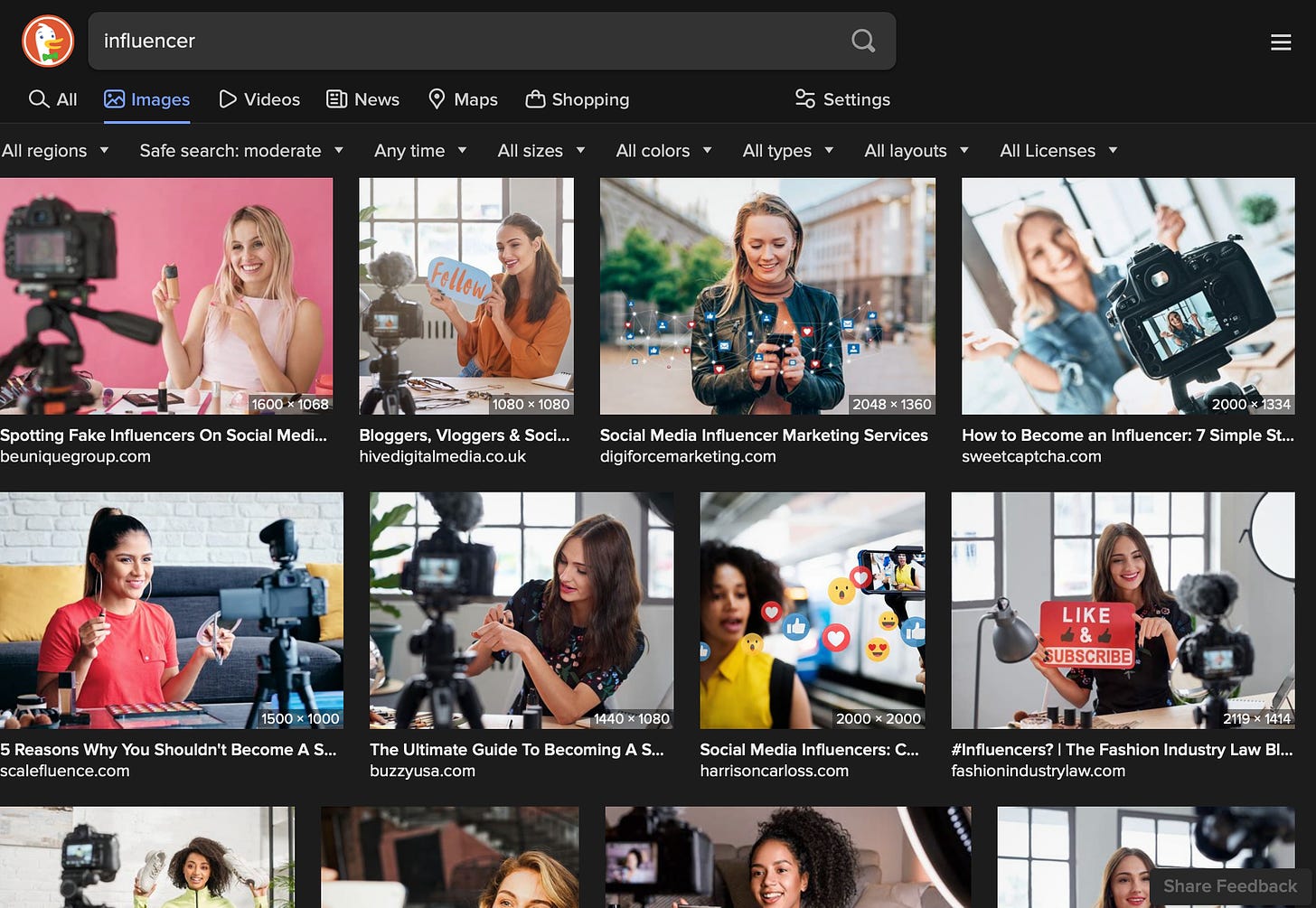

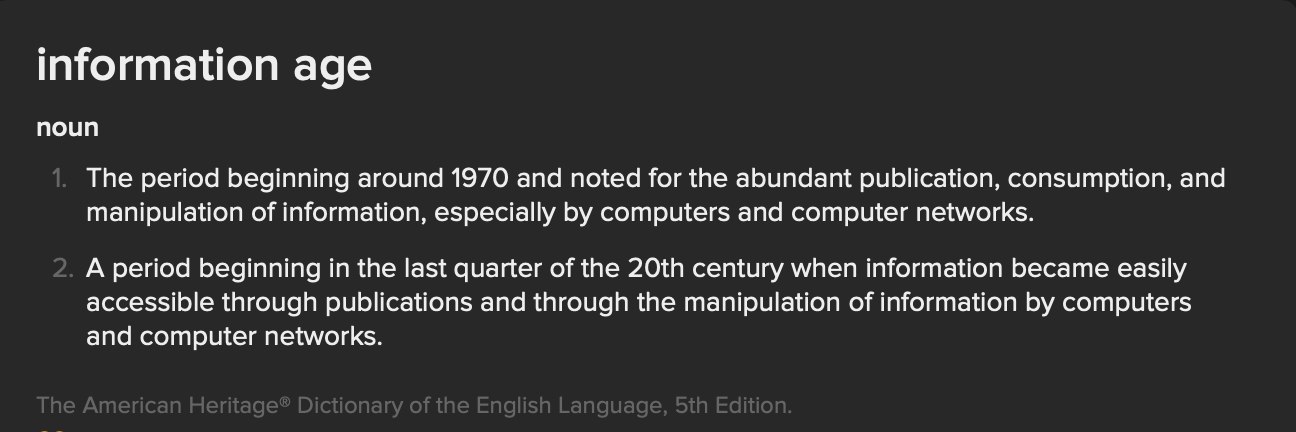
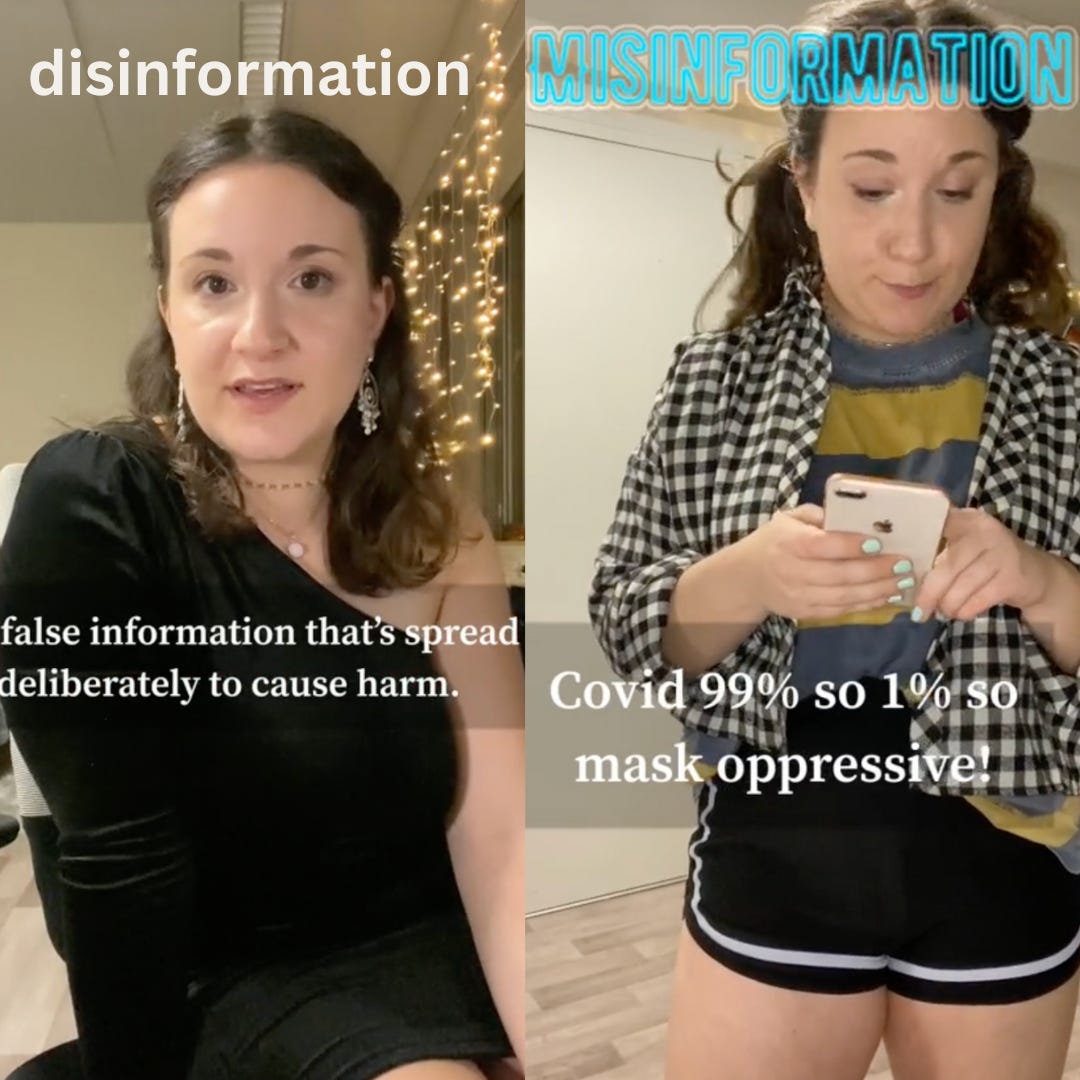

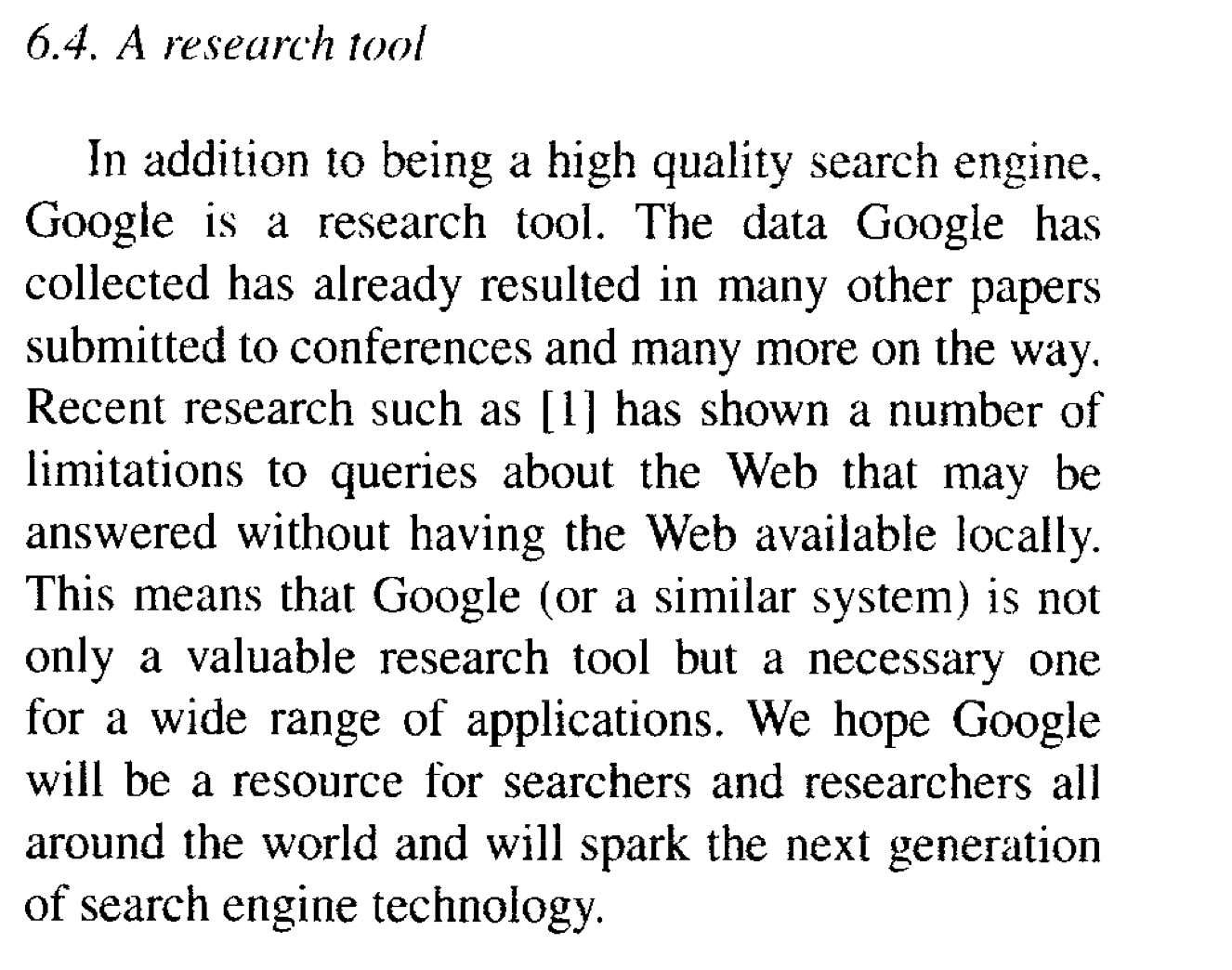
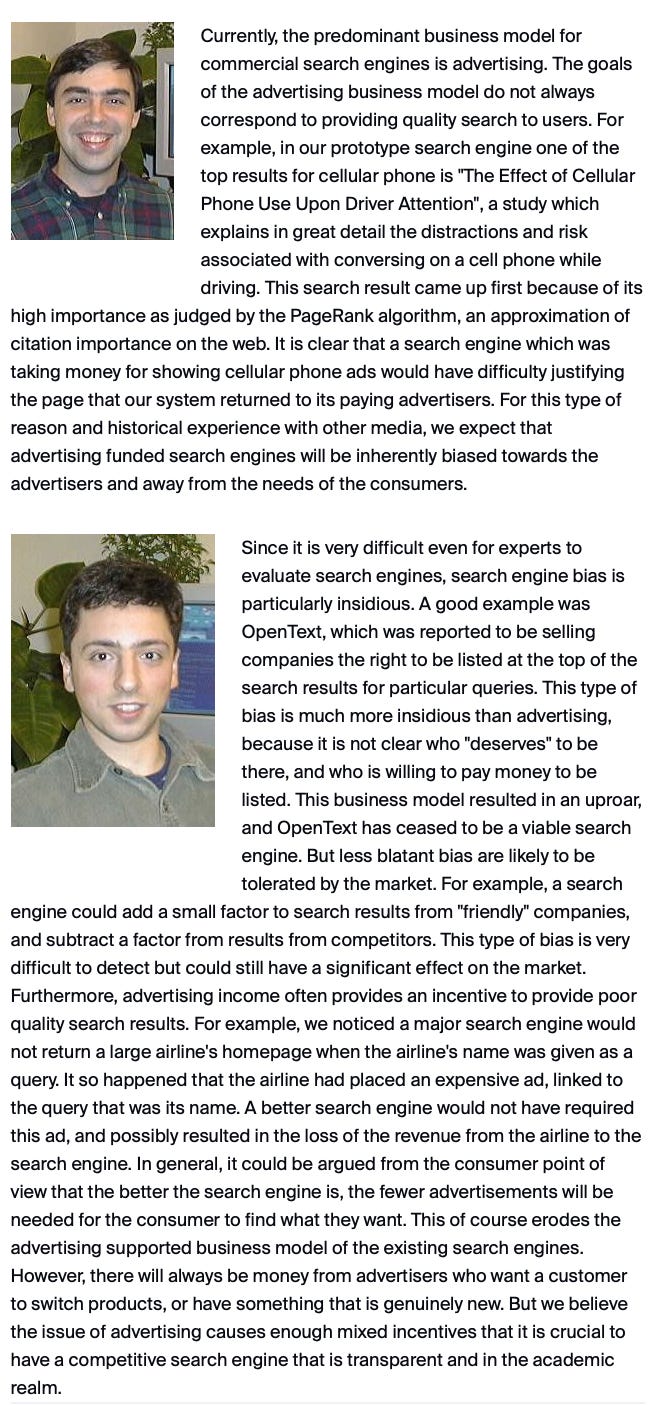
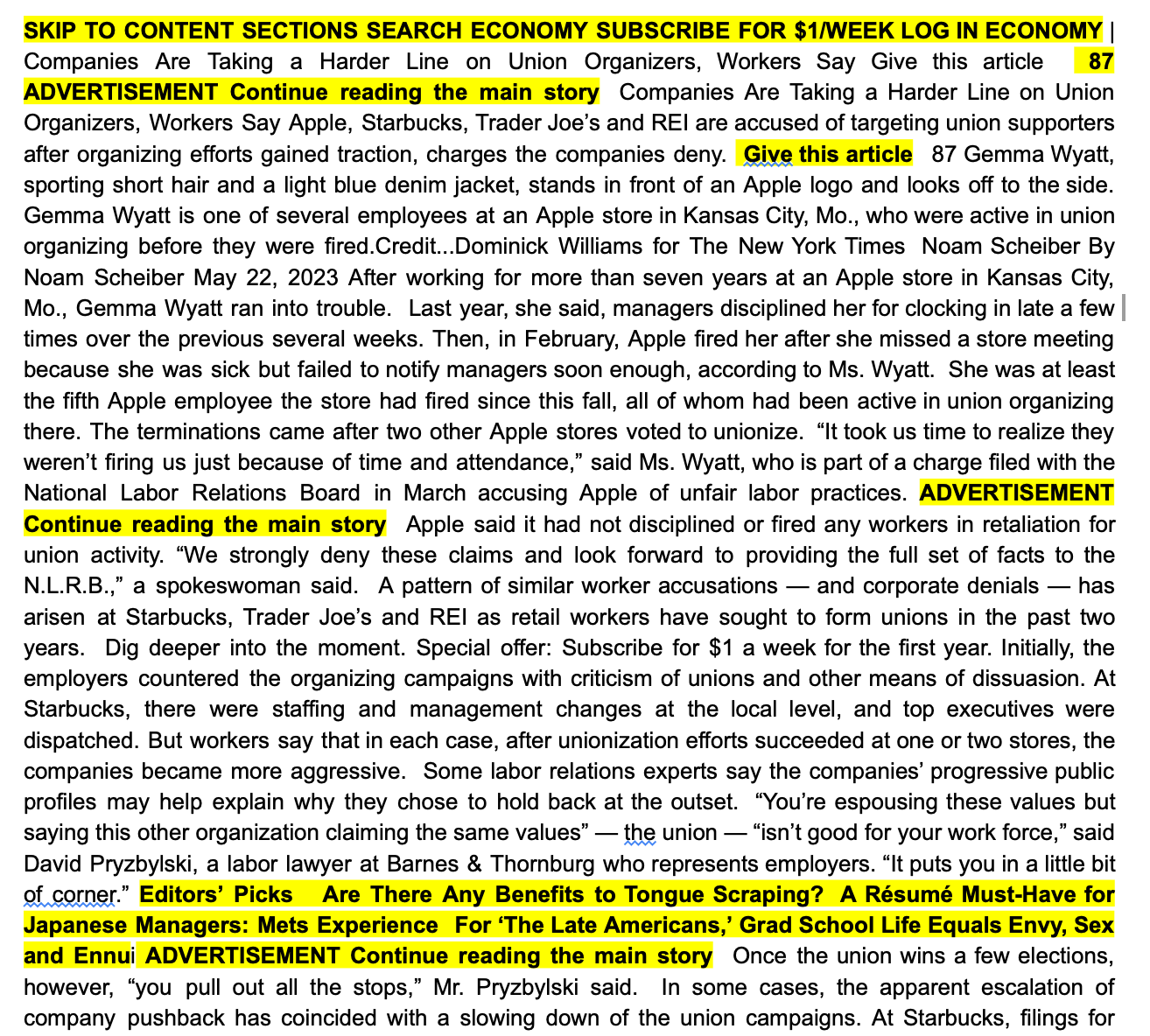



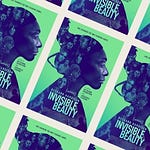




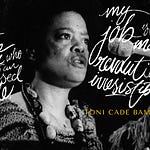
Share this post